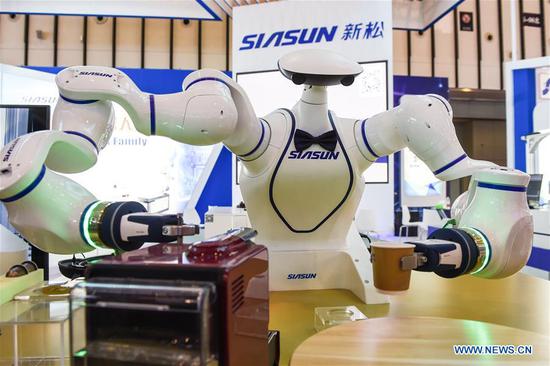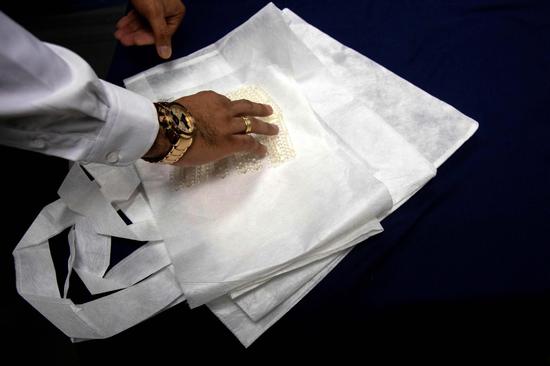Scientists found a new way to determine whether you're overweight or not, which was more well-grounded than the most used metric, the Body Mass Index or BMI.
The study published on Thursday in the journal Cell Metabolism reported the distinct molecular "signatures" from people with obesity to predict risk of developing diabetes and cardiovascular disease.
It is an advance that could broaden the way doctors and scientists think about diagnosing and treating disease.
The research, led by Amalio Telenti, professor of genomics at Scripps Research, showed that predictors of future diabetes and cardiovascular disease for a person with obesity can be found among their body's metabolites, molecules that all of us produce as we live, breathe and eat.
"By looking at metabolome changes, we could identify individuals with a several-fold increase in their risk of developing of diabetes and cardiovascular disease over the ensuing years," said Telenti.
The researchers analyzed 2,396 people and found that obesity profoundly alters the metabolome, or how the body distributes fat.
They found that certain metabolites are associated with an increase in intra-abdominal fat, which sits behind the abdominal wall and is associated with health risks.
In total, the researchers found 49 metabolites with a strong association to BMI, thus predicting a person's obesity status with an 80 to 90 percent accuracy rate.
However, the changes in the metabolome didn't always match up with whether a person was actually obese, according to the study. There are obese people who are healthy and people who were lean at risk of disease.
Instead of looking at a single metabolite or biomarker to predict disease, researchers can combine many measurements to create a "signature" of a disease.
"We generated a signature of obesity, but with different experimental and machine learning approaches, we could have also generated more targeted biomarkers for diseases like diabetes and liver steatosis," said Telenti.


















































